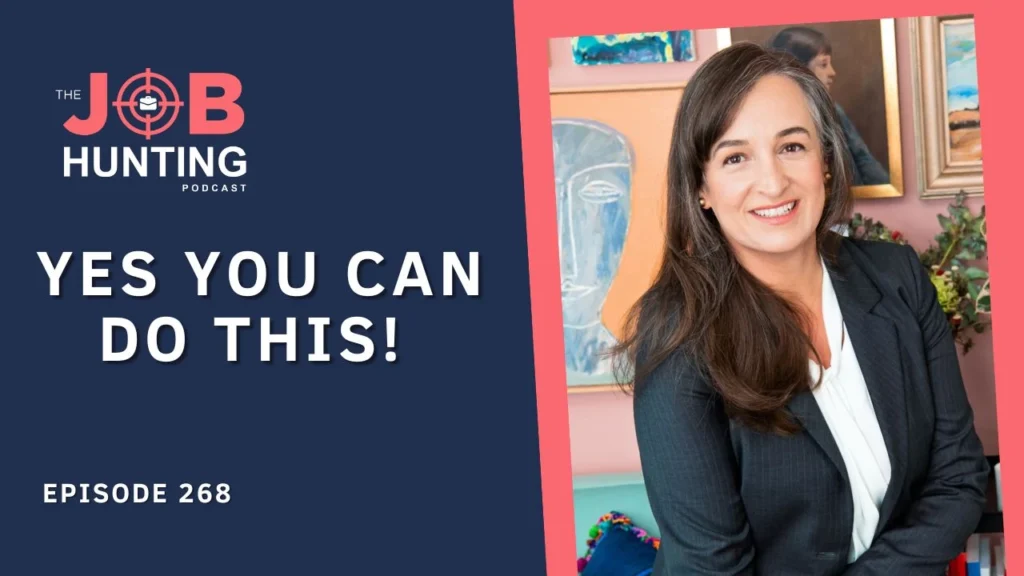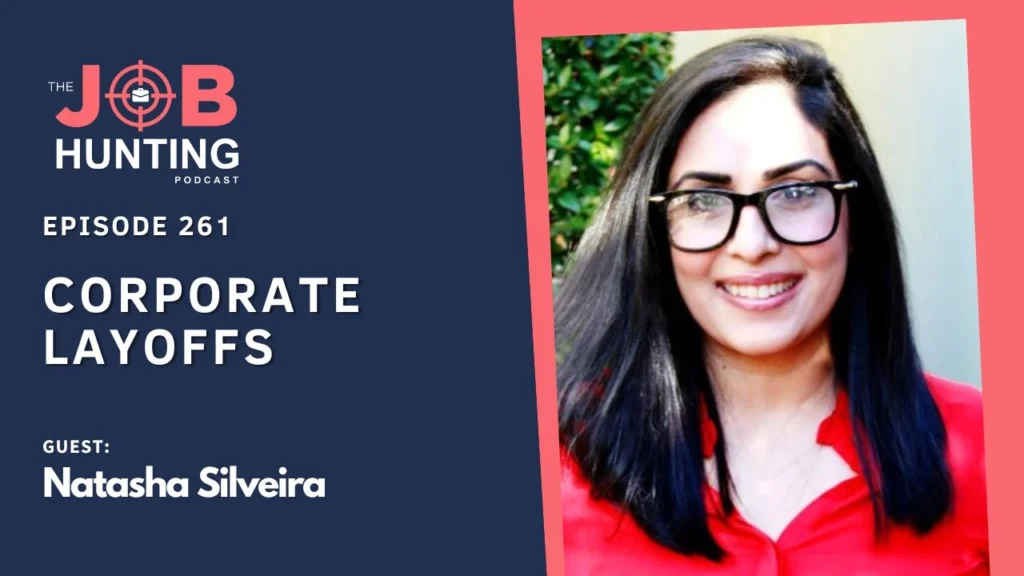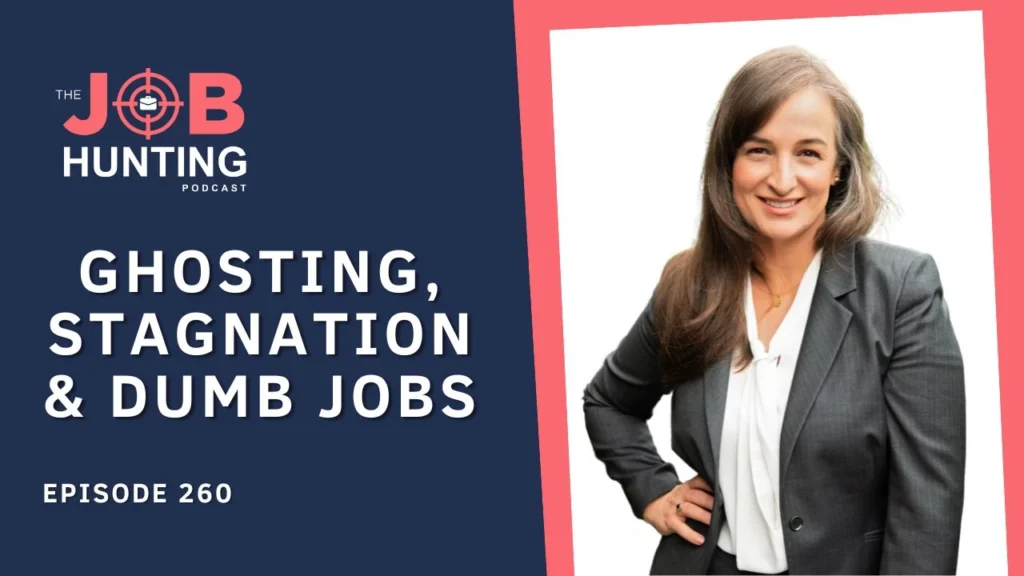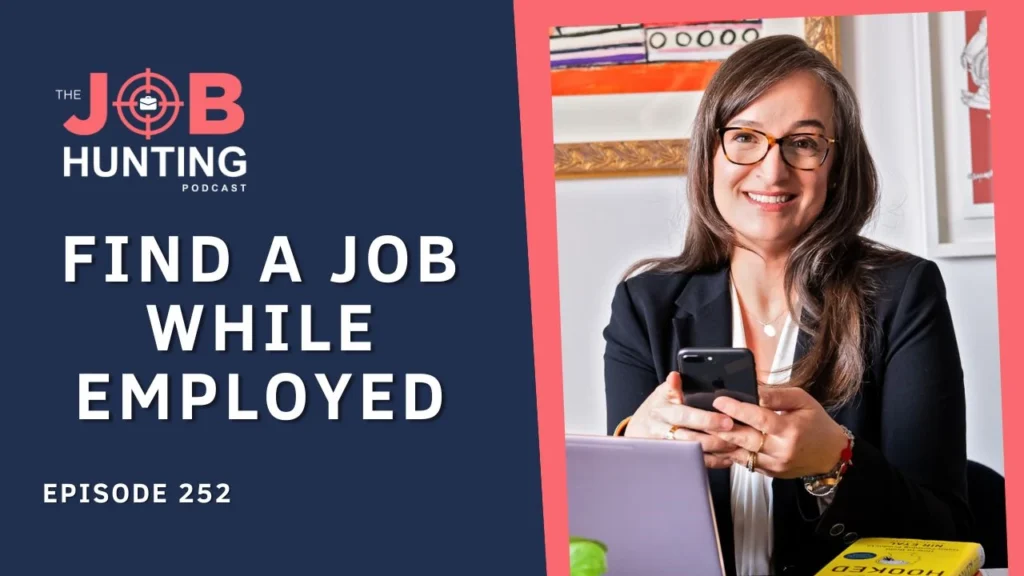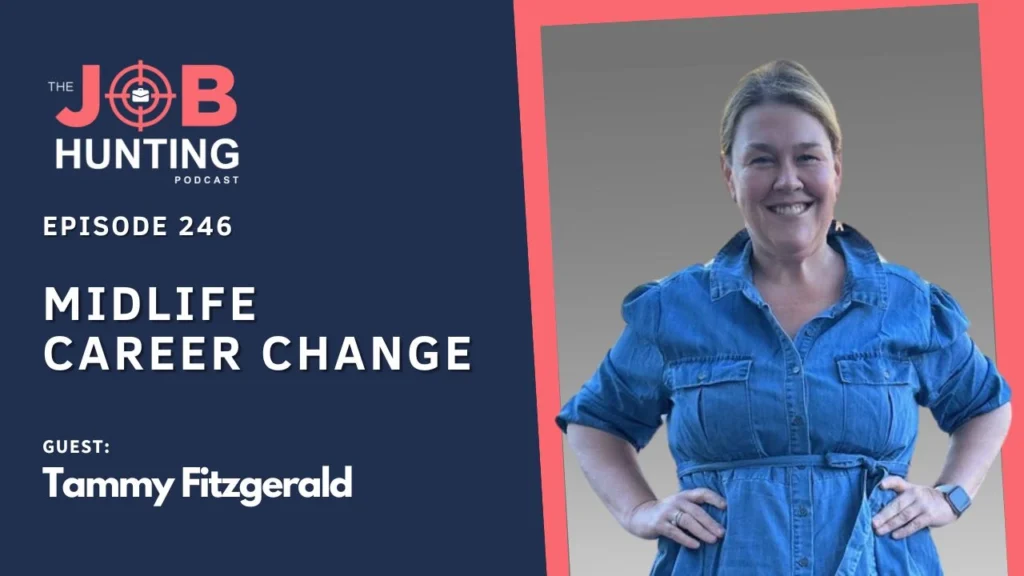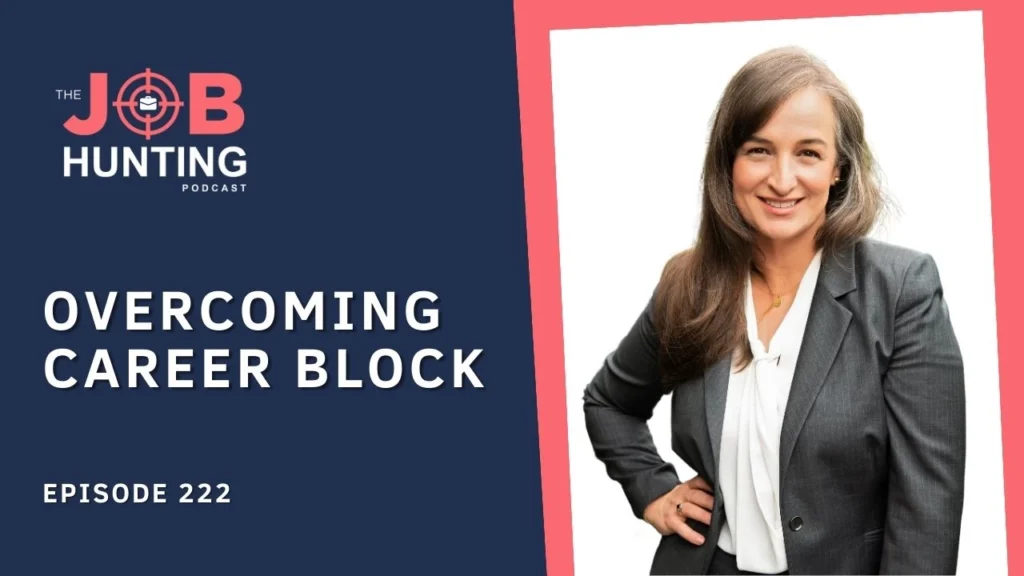This idea about managing change is just so important. Just to give you an idea. I have clients that are you know, managing change at work. I have people that have been restructured out of jobs that are about to start working with me. I have signed up quite a few clients this month in September. I have in my corporate work that I do as a consultant stepped in to support. Teams following restructures, you know, so really helping them. Stablish themselves learn about each other and become high performing teams. Yet again.
So managing change is often linked to expectations to stress and changes in performance levels. Right? So, this happens because change affects the difficulties that you will encounter in life, in work, in your personal situation. It takes some time. For you, or if you’re managing change at work for the entire team to return to their ideal states, when you’re implementing change. There is a discrepancy between the demands. that change is having on your work, on your personal life. And the resources that you have available to deal with that change. This lack of balance, take some time to sort of come back to your life. And this can happen when you lose a job. When you’re looking for work, this can happen also when you find a job. And it’s a big change, you know, if you think about what happens when you find a job, you know, your brain is in overdrive. You’re trying to accumulate an assimilate so much. And you don’t have all the resources yet that you need to do that job. So it’s a really steep learning curve. So that’s what happens when you’re trying to balance those demands and resources. And that’s what. Makes change management. Such an important area of expertise for every corporate professional so that you can achieve That wellbeing, again, that balance again, in your, work and your life. There is more to it than just the interest in wellbeing. Wellbeing is linked to performance, right. So we know that. Individuals and teams that have positive emotional states. They perform better at work. So what happens is when we’re going through change, we have a tendency to feel quite threatened by it. We’re going to fight and flight mode. That elevates stress and it makes us. Opt into. Accidentally many times a negative emotional state. It reduces our cognitive abilities and we don’t perform as creatively as well as we could in terms of the sort of day-to-day work that we need to do. we become more antagonistic as well. There’s more Sort of critical eye that we get, you know, from being in that negative state, we become more negative towards ourselves towards or our colleagues. We you know See in workplaces, more absenteeism or sick, leave more stress level, increase, more performance issues. So the whole efficiency of work changes, doing transition, doing transformation. Doing change. And that can happen both at work, you know, of days. A big transformation piece happening at work. You probably have experienced this, but it can happen also with us as individuals. So if you’re going through job hunting, if you’re, you know, just lost your job or. If you’re going through. Something that’s happening in her personal life as well. It can have that same effect on you.
Research also shows that excessive complexity in the strain can lead individuals to feel like they are lacking in control. And that. Sort of also is related to healthy shoes. And, you know, not only. People can get depressed, but they can also have some physical health issues like heart disease. Or the problems that are. Either increased in enhanced by the stress in their bodies. Or that just appear for the first time they hadn’t had it before. And all of a sudden they feel sick. And One thing that people notice as well, when they’re going through stress at work ongoing and that sort of micro stress that you don’t even feel like it’s affecting you. You may have experienced this. Please contact me if you have. Just send me a note on one of my social media channels or reply to my newsletter. And say, yes, you were talking to me. I would love to hear from you. But has anyone here listening to this episode, gone on a holiday? After working so hard to get that bloody holiday only to then. Get super sick during the holiday. It’s very, very common. Right. And that shows that you know, that strain at work is affecting your health. As soon as you relax from the stress. Your body just goes into, okay. We need to fix this. We’ve been fighting off this stress forever. And, you know, we actually quite sick from it. And then you fall sick. So it’s thinking holistically about your life, about your work is so important when implementing change in the workplace, when implementing change in your life, it is affecting not only your stress, but also the stress of other employees. Families your community. Right? I was listening to this interview with a neuroscientist explaining how stress is transferable from person to person. She works with C-level professionals. And if they are very stressed, they can transpire literally like thinking, sweat it off. and that’s sweat and that’s cortisol levels and that they sort of have affects their teams and the, it makes other people stressed. Right. So imagine that, so managing your stress level, especially if you are a senior exec with, you know, responsibility for teams is so important. And understanding that this thing that we probably intuitively already knew what was happening. That you know, stressed people make us stress. can actually have a physiological explanation to it. I was just flabbergasted. I’ll put a link to this interview below if you want to listen to it as well.
So in this blog that I wrote. What 12 years ago. I came up with these two strategies to, implement for a positive change management. Right. But here’s the catch. It’s one thing to know something is good for you and can help you. It’s another thing too. Make that knowledge. Last beyond listening to this episode, listening to me, talk to you about it right now, right? You really need to put these ideas to work. And I use this metaphor to understand. How our mind works. In terms of knowing something is cooled and doing something and how hard it is to actually do that, that we haven’t done before. And it’s idea. It’s not. My idea. It’s one. That’s quiet. Well known in positive psychology literature. It’s the idea of the writer on the back of an elephant. So, if you think of the elephant as your behavior, your instinct than the traditional ways of doing things. And the writer trying to train that big elephant is you listening to this episode, understanding how to actually make change more positive for you, make wellbeing, something that you strive for. You need to learn how to ride that big, heavy, stubborn elephant. That wants to go one way and you want to go another way. So for example, this morning, I had set myself a goal to meditate and to go for a walk every day. So this is my three month goal. So I will be walking every day, meditating every day. These two things are actually part of my. Part of my routine, but not as intensely as I want it to be for now. Like, I really want this to be something I do every day. Rain or shine. I don’t care what’s happening in my day. I will wake up. I will walk and I will meditate. And my brain started playing tricks on me when I woke up and like, oh, you know, I have a doctor’s appointment. Maybe today I can skip it. It was the big elephant just saying, oh, maybe today’s the day that you don’t need to do it, which is often what happens to me. Like I will find excuses a few times a week, not to do it. And very good at arguing with myself. And I almost didn’t meditate and didn’t walk, but thank goodness. I, you know, I kept my promise to myself.
So think about this idea of the rider and the elephant as you listen to the two strategies that I’m going to suggest. And in change management, we may not have the time and the resources to affect long-term behavior. However, we do have a few tools. That we can use to positively affect wellbeing. Doing the time of change. These sort of positive change experience. We’ll live behind a positive impression that will help future changes. Right. So even if you think, oh, I don’t know. All the things that I need to do. I don’t know. You know that I can do all of the things. Do the little things first, because once you start implementing a positive change management strategy with small baby steps towards it. It’s not a linear route. What happens is there’s an expansive route, right? So you will start feeling like things will just start to unravel and become more clear and you will have access to all the tools as you. Initiate the initial steps. I hope I’m making sense here, but it’s really interesting when I. Start working with my clients and they’re quite set in their ways. And there really have not opened their minds yet to the changes that are coming their way through the coaching that they do with me. And then a month or two months down the track, they have expanded in their knowledge and their thinking and what they want to achieve for themselves in a way that is completely different from. You know, two months before, it’s just incredible to see. I’m thinking of a client it’s specifically that I coach Friday last week and we had this conversation and she was so different from, you know, the person that started working with me just three months prior. So it was lovely to see how she was confident And talking about her career and her ambitions and the things that she was going to achieve and had already achieved. And it was just so fantastic to see. All right. So the first strategy for a positive change management attitude is to adopt a change like commenter. I know you probably haven’t heard of this before the light kilometer. But doing the development phase and the first stages of you implementing change. Be it change with teams or change just by yourself.
All the people will interfere or have ideas about it and want to provide you with their opinions. And I want you to implement this like, or dislike. Thermometer because it is important for you to assess the opinions and the recommendations and the advice of others, right beyond the lookout and do not dismiss your intuition. And, you know, whatever people say don’t make that the absolute truth about what you’re going through, listen to it and say, okay, do I like this feedback? Do I like these advice? Does this advice serve my purpose? Does it serve what I want to do? Or should I just listen to it, acknowledge it, thank the person for their ideas and their inputs, and then move on because I didn’t like it. And it’s not sort of really linked to what I’m trying to do. It happens a lot with people that are going through change, that they get a lot of inputs from others. And I like. I, you know, I’m the sort of person that I prefer to share things. You know, some people like to keep it quiet and not share. I think it’s important to share with those that you love, that you trust. Because you may learn a lot from them. And I think that you go out to market with a minimal viable idea and that idea expands and gets better and better as you incorporate the sort of feedback. I’ll give you an example, when I started thinking about my coaching business I had a business coach that worked with me. I was made redundant. By the way, if you don’t know this, I was made redundant. I received the package. I thought I’m not going to go back. To the workforce. I want to become a career coach. I worked with both a career coach and a business coach as part of my outplacement. And with my business coach was fantastic. I put together an idea. And I thought about coaching, just women. And I remember going to one of my one people in my network at the time, Cindy Hutchinson, I interviewed her for the podcast. She gave me the best advice I’ve ever received. She said, Why are you only coaching 50% of your market? Why not coach men and women and, you know, Coach anybody. Why do you, why are you focusing only on women? I’m like, okay, you’re right. I like that. I mean, Why not, you know, I can. I can certainly coach everybody. And that was the best thing that happened to me because unfortunately I have to say. And I, and I’m saying this when people book a discovery call with me about private coaching. If they are women and I’ll tell them what happens. I tell them, look, this is what’s going to happen, men do these discovery calls with me and they signed me up the next day. Women take forever. They second guessed, they have to talk with themselves with others. And then they don’t sign up and I don’t know what to do about this. It’s been going on for three and a half years now. So I actually have more Mandan women working with me. And that’s a real. Problem for women. Trying to advance their careers. I think I’m not saying. Working with Renata is the only thing that will help your career. Absolutely not, but I’m just using this as a proxy to try to understand, you know, how women work and how they think about career advancement. How come you know, men and women with similar professions with similar job titles with similar salaries. You know how come in, decide, okay, I’m going to invest in new Renata. Let’s go. And women, they say, oh, I don’t know. I have to think about it. I’m not sure it’s a big investment and then they don’t sign up. So in terms of reaction to that feedback from Sandy, I’m glad I incorporated that, but I also received, equal number, if not more ideas and feedbacks that I thought, no. This doesn’t work for me so I think that having that more of a strategic way of accepting input and recommendations is really important as part of your change management strategy.
And then the second thing is to control negative bias with a sound communication strategy. So staff that is involved with changing, implementation, and business. You know, they should always have that in mind. That change for most people is linked to something bad. It’s linked to disruption. it poses a threat to their status quo in the workplace. So if you’re doing this at work, or if you’re doing this for yourself, you have to have a sound communication strategy. At work, you have to have a great communication strategy with your team that is being affected by this change. If you’re doing a change to your career, you have to communicate well with your family friends. In my case, for example, when I decided I. Wanted to open a business instead of going back into the workforce, that was back in 2018. It was hard to tell my husband, you know, I felt. Bad. I, felt like, you know, I knew that for months and months, I probably wouldn’t contribute financially. And although I had received a package, you know, there was a great chance that the business wouldn’t go well. I’m very lucky and happy that it’s done so well. And And that we’re sort of working on this project together now, and I’m very happy that he not only supported me back then, but you know, stepped on board too. Support me even more now that the business is growing. But having that clear communication. And being open about it, I think is so important. So you have to control and overcome the negative bias that people will have once you communicate. So I remember telling my friends and they’re like, oh no, but you’re having such an amazing career. Don’t let this less feed this setback, you know The track too, from like this amazing corporate trajectory that you’re going through because you know, I’ve had some great roles and big roles and I’ve done. Rather, well, I, I could, you know continue to do well. If I wanted to invest in having more corporate roles, I just didn’t want to. So I I believe that communication needs to be really tailored, really special and, clear. And identifying the needs of the people that are in your audience. And explain to them what it will help, you know, what it, is that you’re trying to achieve and communicate well.
And communicate the expectations and communicate the plan and have an exit plan if need be. In case of you know, Making it a huge career transition. Like I did. the compromise. In my partnership with my husband as well, if it doesn’t work in five years I’ll go back to the corporate workforce. I’ll find another job. And. It’s been three and a half years and we’re doing great, but you know, I think it’s important To make sure that that is clearly communicated and agreed upon. And yeah, those are the two strategies. These, they sound simple, but they’re actually not easy to do. They’re not easy to implement. I think the communication strategy is one that people really miss out on, doing better. And I think because it’s hard for the change agent. To come to terms with the fact that the change is necessary. And also because sometimes. The change is so clear in your head. And that you fail to understand that it’s not clear outside of your hand. So that’s why sometimes I think the Communication strategies lacking. And the light kilometer is one that I think we really don’t do well. We don’t understand how people will react. For every action from our path, there is a reaction. That will come our way. And then we don’t know how to assess all of the feedbacks and we start to self-doubt, you know, we start to. Rethink, you know, are changed, am I really doing the right thing for myself? And, you know, being able to be resilient and bounce back feedback and adjust the strategies of your change based on great feedback is really important. It needs to be strategic.
So in terms of final words, you know, wellbeing is in the best interest of everyone, you know, Your employer, your future employer, yourself, your family, your community, or your friends, your colleagues at work. Work and life satisfaction are so linked. I don’t even know why we created two different spheres. And words to sort of explain them. Work is a big part of one’s life and mental health. And we need to start doing better at monitoring And assessing how we’re sort of operating in both spheres at work and at home. And controlling for the negative bias that we have naturally towards change. So that we’re able to, you know, become productive, doing change, but become even more productive as we go through change sooner. By implementing some of the strategies that I spoke about today. I hope you have enjoyed this episode. It’s a bit of a different one for this podcast and it’s been a pleasure to record it. Just a couple of things if you’re still listening, don’t forget to subscribe to the newsletter. So that you can learn about, the programs that I run. Especially the news that I’m about to share about the job hunting made simple program, and when it will be running again as a group coaching program. It was lovely to be with you here, and I will see you next time. Bye for now.


